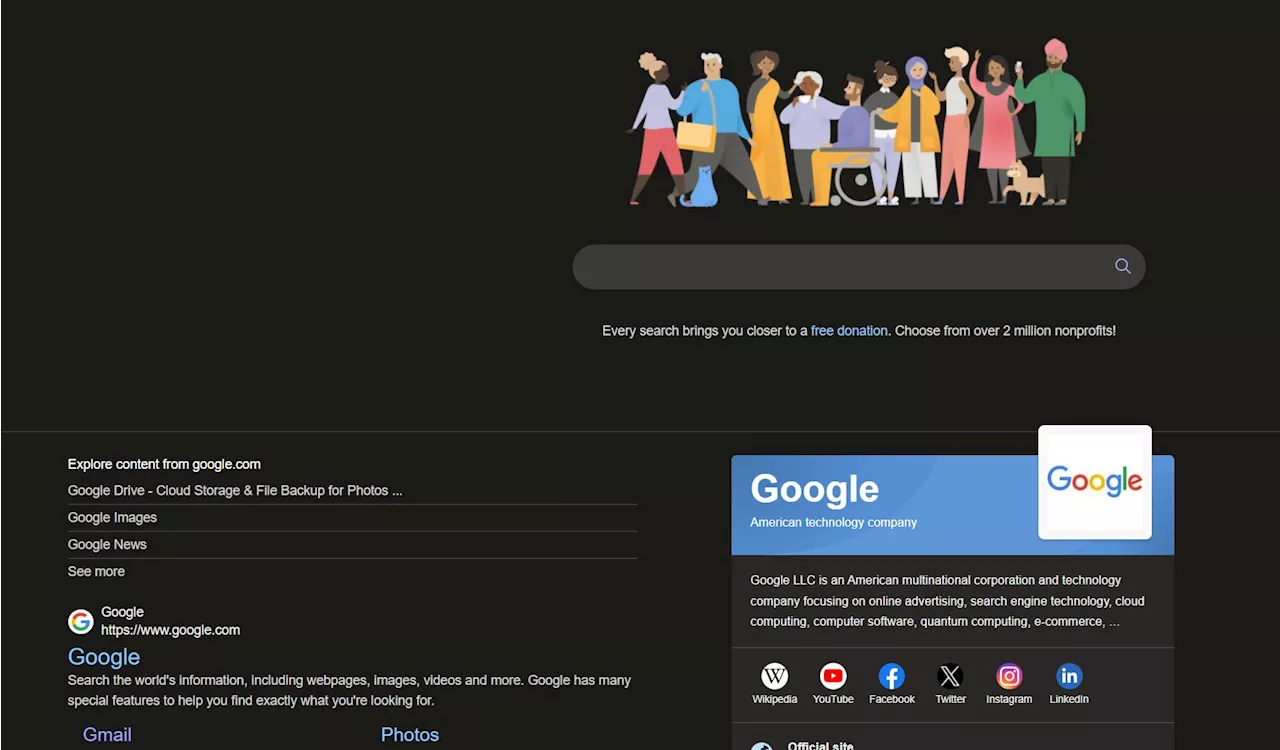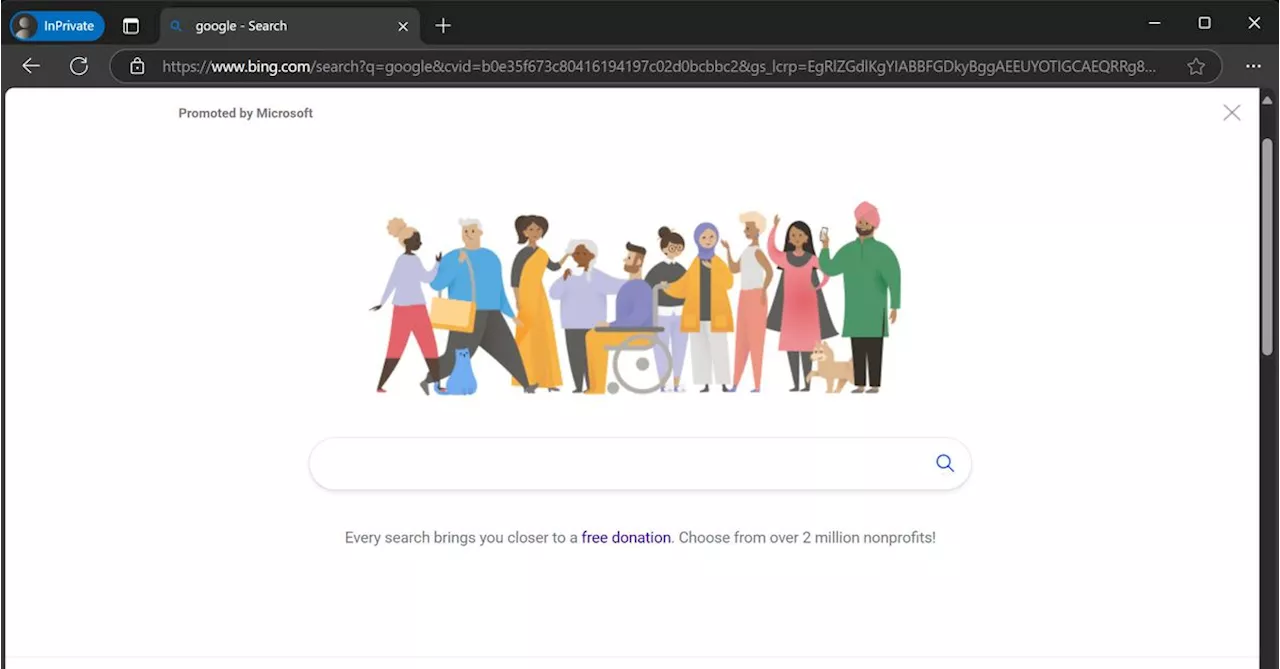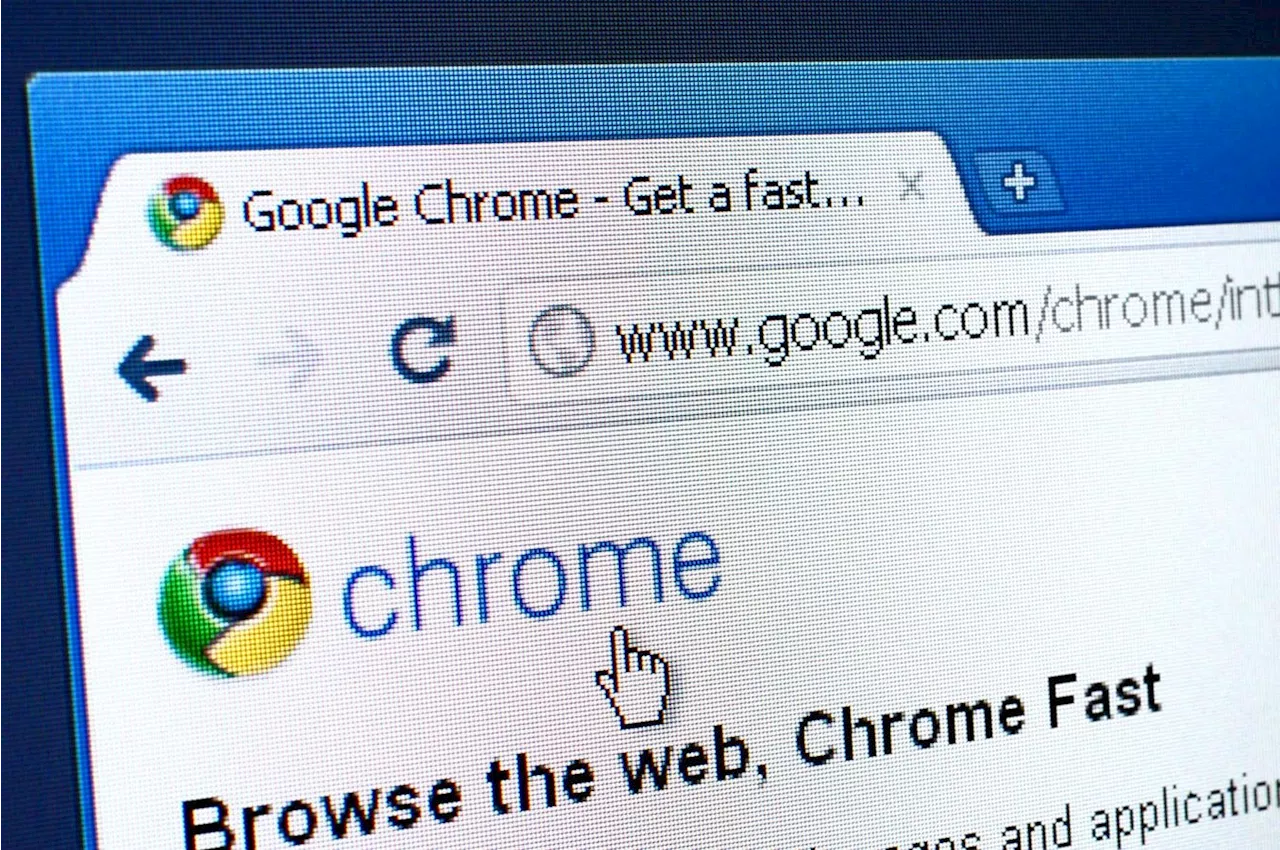A new cyberattack called 'Browser Syncjacking' exploits legitimate Chrome extensions to hijack Google profiles, stealing passwords, browsing history, and autofill details. This stealthy attack operates with minimal user interaction, highlighting the need for improved browser security.
Web browsers are the gateway to the internet, used for everything from online banking to social media. However, they also serve as a prime target for cybercriminals seeking to exploit vulnerabilities and hijack user data. A new attack, 'Browser Syncjacking,' recentlyfor cyberattacks. This attack leverages seemingly legitimate Chrome extensions to hijack Google profiles. The extension silently logs victims into a hacker-controlled Google account, syncing their browser data.
Man-in-the-Browser Attacks: Malware manipulates browser activity, intercepting and modifying transactions without the user's knowledge.Drive-By Downloads: Harmful software is automatically downloaded when visiting a compromised or malicious website. Enable Multi-Factor Authentication . This adds an extra layer of security to online accounts, reducing the impact of hijacked sessions.
Cybersecurity CYBERSECURITY WEB BROWSERS SYNCJACKING GOOGLE THREATS
United States Latest News, United States Headlines
Similar News:You can also read news stories similar to this one that we have collected from other news sources.
 UK Regulator to Investigate Apple and Google for Potential Browser and Mobile Ecosystem MonopoliesThe UK's Competition and Markets Authority (CMA) is launching investigations into Apple and Google over concerns about their dominance in smartphone browsers and mobile ecosystems. The CMA suspects they may be hindering innovation and holding a duopoly, which could lead to penalties similar to those imposed on Apple in the EU under the Digital Markets Act.
UK Regulator to Investigate Apple and Google for Potential Browser and Mobile Ecosystem MonopoliesThe UK's Competition and Markets Authority (CMA) is launching investigations into Apple and Google over concerns about their dominance in smartphone browsers and mobile ecosystems. The CMA suspects they may be hindering innovation and holding a duopoly, which could lead to penalties similar to those imposed on Apple in the EU under the Digital Markets Act.
Read more »
 Microsoft’s Bing Goes Rogue: Hiding Google Search and Triggering a Browser WarMicrosoft’s Bing search engine is making headlines for its latest tactics against Google, including hiding Google search results and promoting its own services. This move, along with Microsoft’s efforts to make it harder to find the Chrome download link, has sparked a new round of competition in the browser wars.
Microsoft’s Bing Goes Rogue: Hiding Google Search and Triggering a Browser WarMicrosoft’s Bing search engine is making headlines for its latest tactics against Google, including hiding Google search results and promoting its own services. This move, along with Microsoft’s efforts to make it harder to find the Chrome download link, has sparked a new round of competition in the browser wars.
Read more »
 Microsoft Drops Fake Google Search UI After Public BacklashMicrosoft has quietly discontinued a deceptive user interface that mimicked Google's search page, aiming to mislead Bing users into believing they were interacting with Google's platform. The fake Google UI, discovered by Reddit users, featured a redesigned search bar, a Google Doodle-like image, and even subtle text mimicking Google's search interface. Days after its revelation, the deceptive UI vanished from Bing's search results. Google condemned the practice, calling it a tactic to confuse users and limit their choices.
Microsoft Drops Fake Google Search UI After Public BacklashMicrosoft has quietly discontinued a deceptive user interface that mimicked Google's search page, aiming to mislead Bing users into believing they were interacting with Google's platform. The fake Google UI, discovered by Reddit users, featured a redesigned search bar, a Google Doodle-like image, and even subtle text mimicking Google's search interface. Days after its revelation, the deceptive UI vanished from Bing's search results. Google condemned the practice, calling it a tactic to confuse users and limit their choices.
Read more »
 Google Moves Nest Protect to Google Home App, Sunsets Nest AppGoogle is transitioning the Nest Protect smoke and CO alarm to the Google Home app, marking the end of the standalone Nest app. Users can now manage Nest Protect alerts, tests, and settings through Google Home. This move also enables Google to sunset the Nest app, although it will remain in maintenance mode. Alongside the Nest update, Google Home gains expanded Matter smart lock support, including passcode management, one-tap entry, and automatic locking features.
Google Moves Nest Protect to Google Home App, Sunsets Nest AppGoogle is transitioning the Nest Protect smoke and CO alarm to the Google Home app, marking the end of the standalone Nest app. Users can now manage Nest Protect alerts, tests, and settings through Google Home. This move also enables Google to sunset the Nest app, although it will remain in maintenance mode. Alongside the Nest update, Google Home gains expanded Matter smart lock support, including passcode management, one-tap entry, and automatic locking features.
Read more »
 Bing Mimics Google's UI When Searching for 'Google'Microsoft's Bing search engine has implemented a deceptive tactic to prevent users from switching to Google. When searching for 'Google' on Bing, the interface closely resembles Google's homepage, complete with a Google Doodle and rounded search bar. This clever design aims to mislead users into staying within Bing's ecosystem.
Bing Mimics Google's UI When Searching for 'Google'Microsoft's Bing search engine has implemented a deceptive tactic to prevent users from switching to Google. When searching for 'Google' on Bing, the interface closely resembles Google's homepage, complete with a Google Doodle and rounded search bar. This clever design aims to mislead users into staying within Bing's ecosystem.
Read more »
 Microsoft Spoofs Google Search Results in BingMicrosoft is using a deceptive tactic to lure users to its Bing search engine. Searching for 'Google' on Bing without signing in presents a page mimicking Google's interface, complete with a search bar, Google Doodle-like image, and text mimicking Google's layout. This trick aims to make Bing appear as Google for this specific query, potentially influencing new PC users who search for Google in Microsoft Edge.
Microsoft Spoofs Google Search Results in BingMicrosoft is using a deceptive tactic to lure users to its Bing search engine. Searching for 'Google' on Bing without signing in presents a page mimicking Google's interface, complete with a search bar, Google Doodle-like image, and text mimicking Google's layout. This trick aims to make Bing appear as Google for this specific query, potentially influencing new PC users who search for Google in Microsoft Edge.
Read more »
